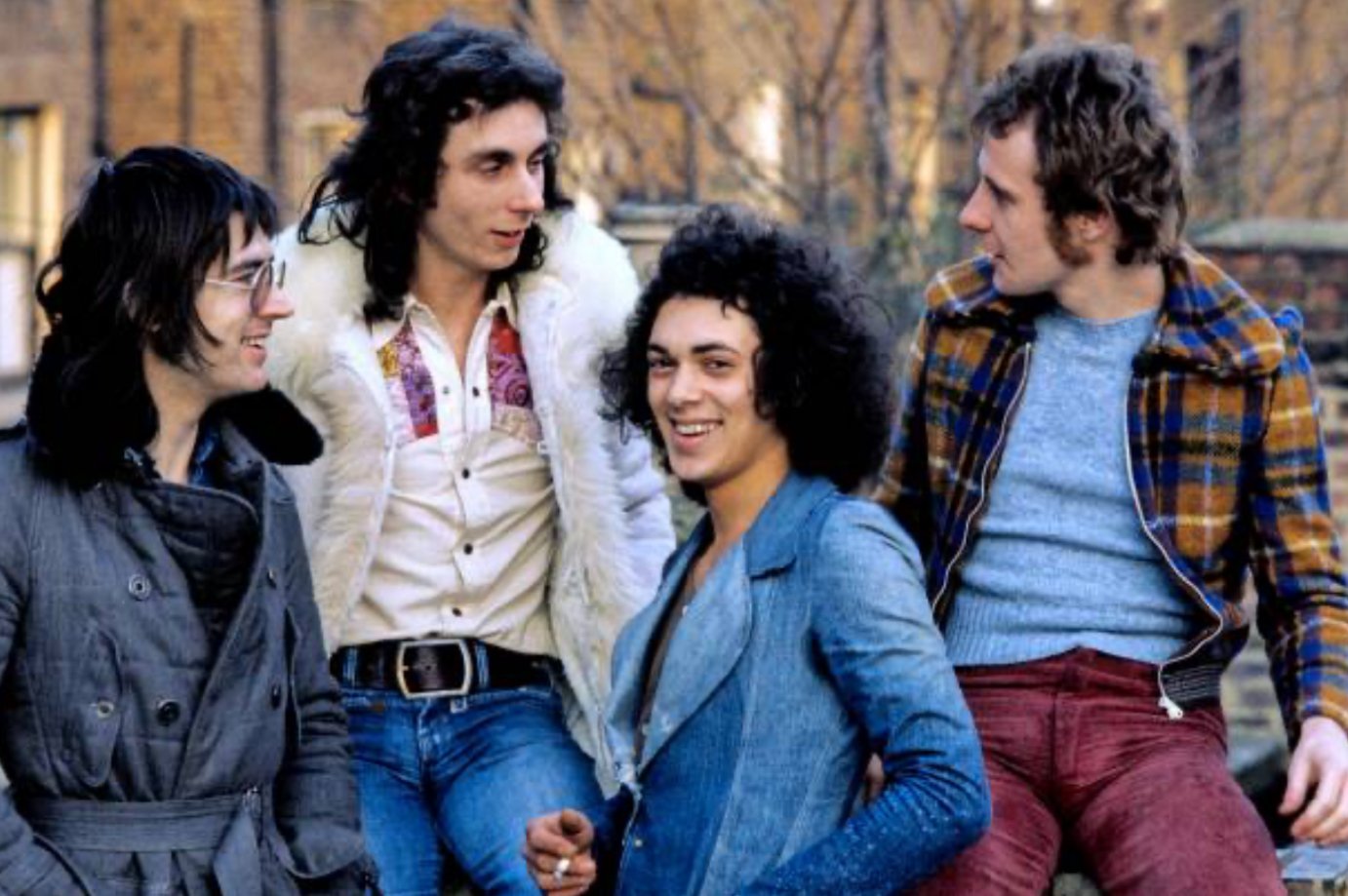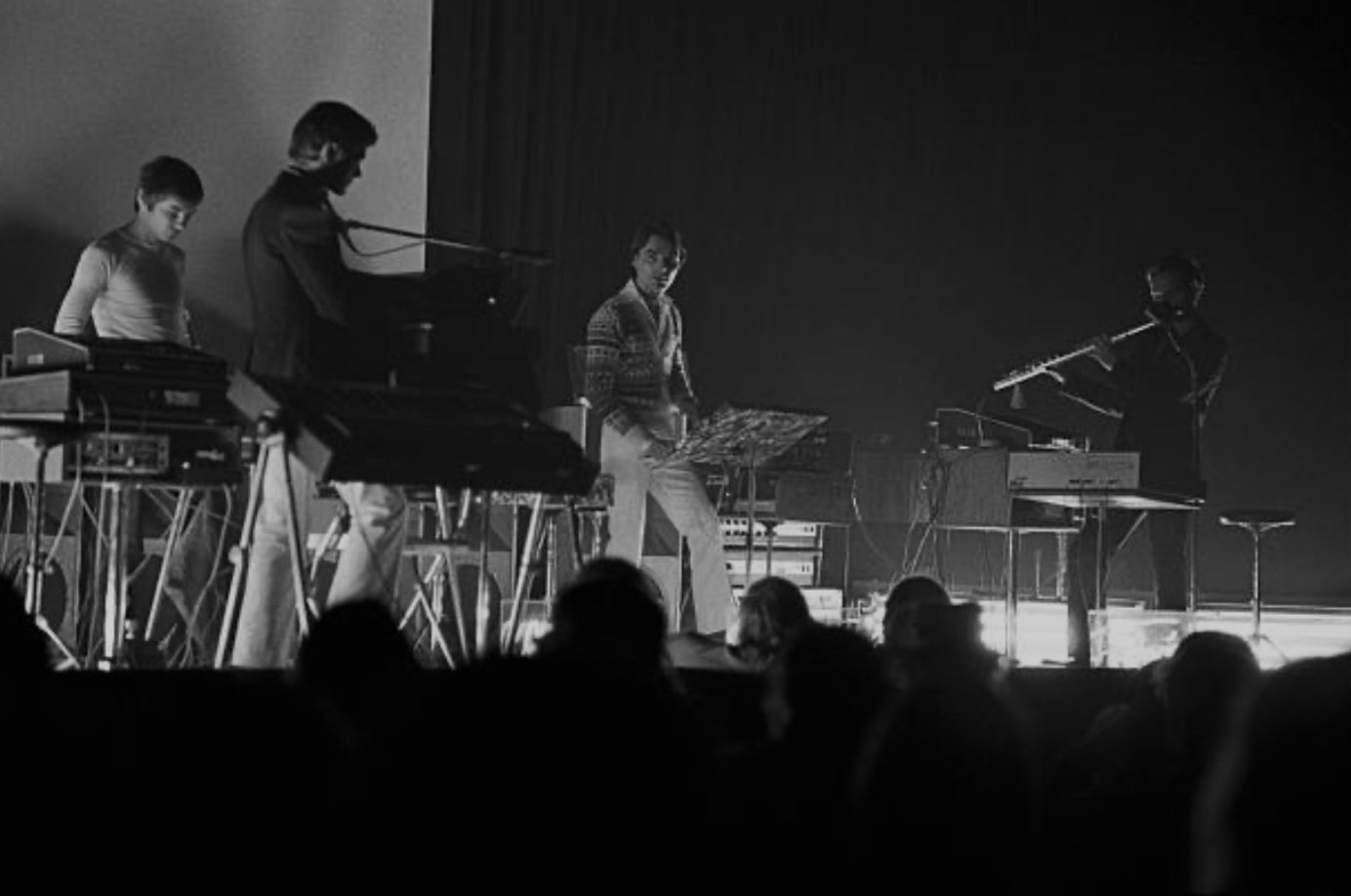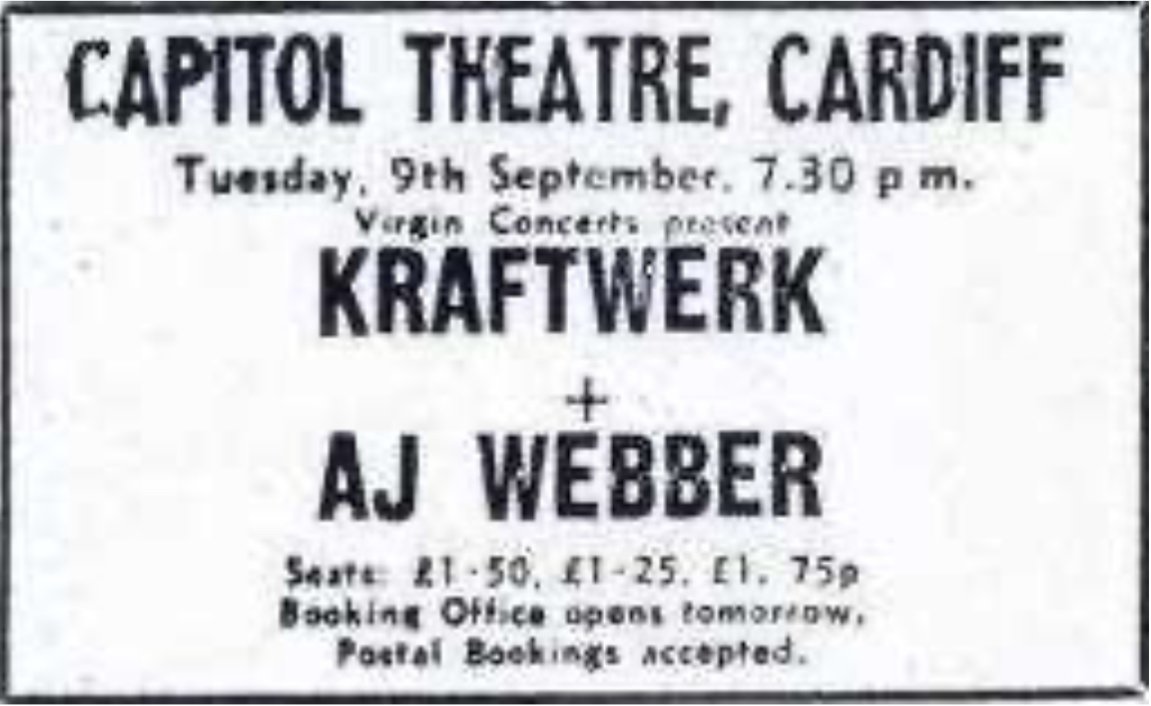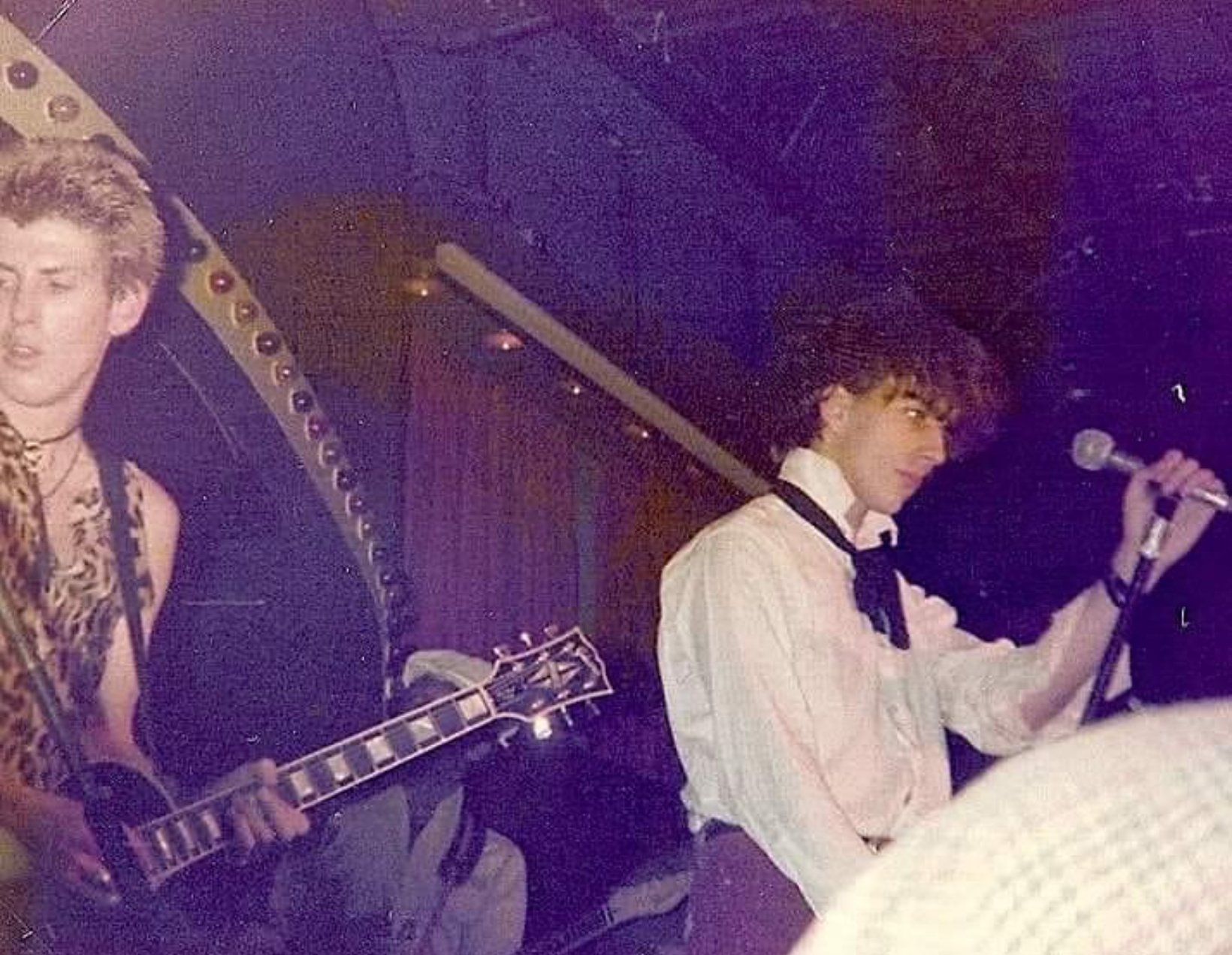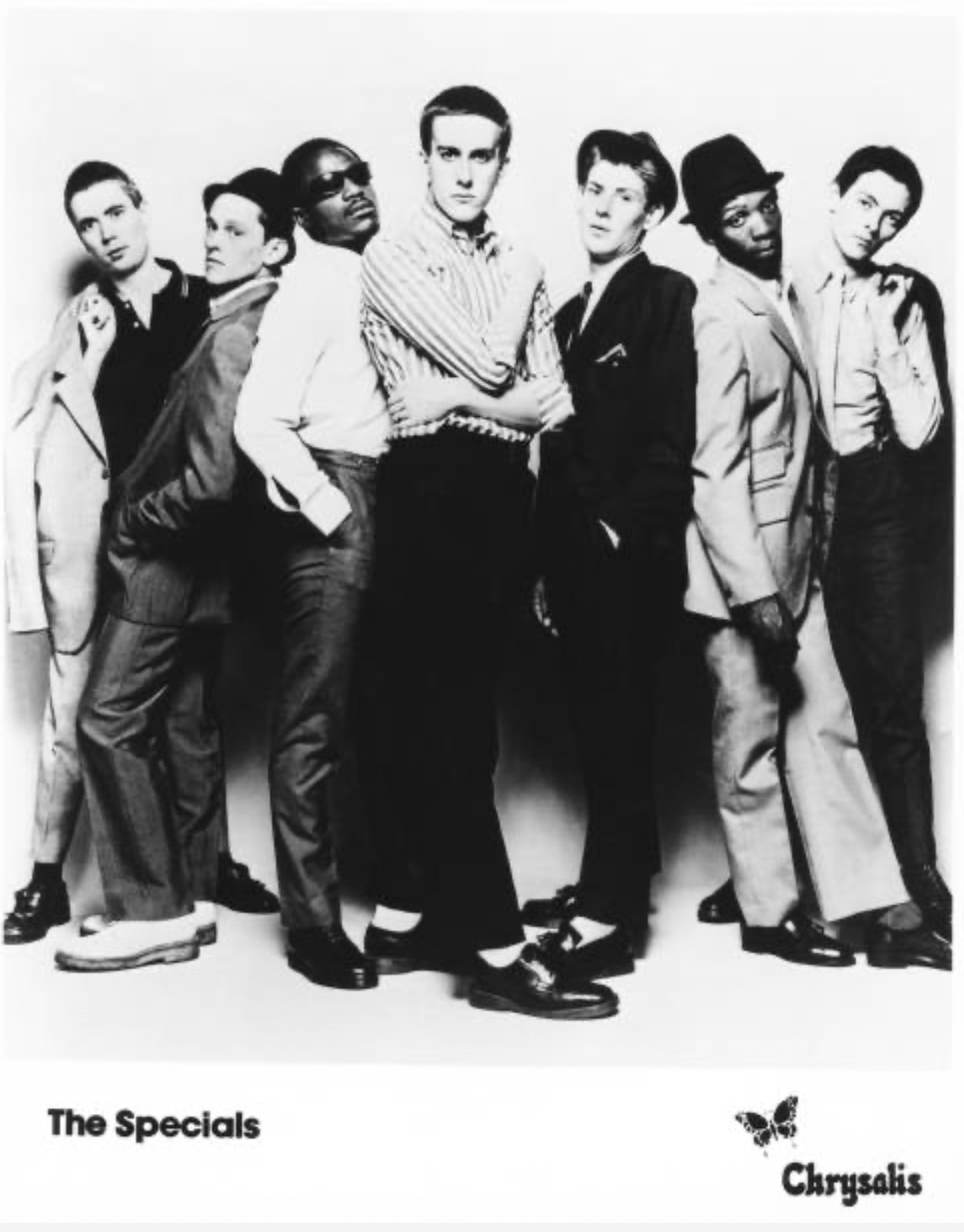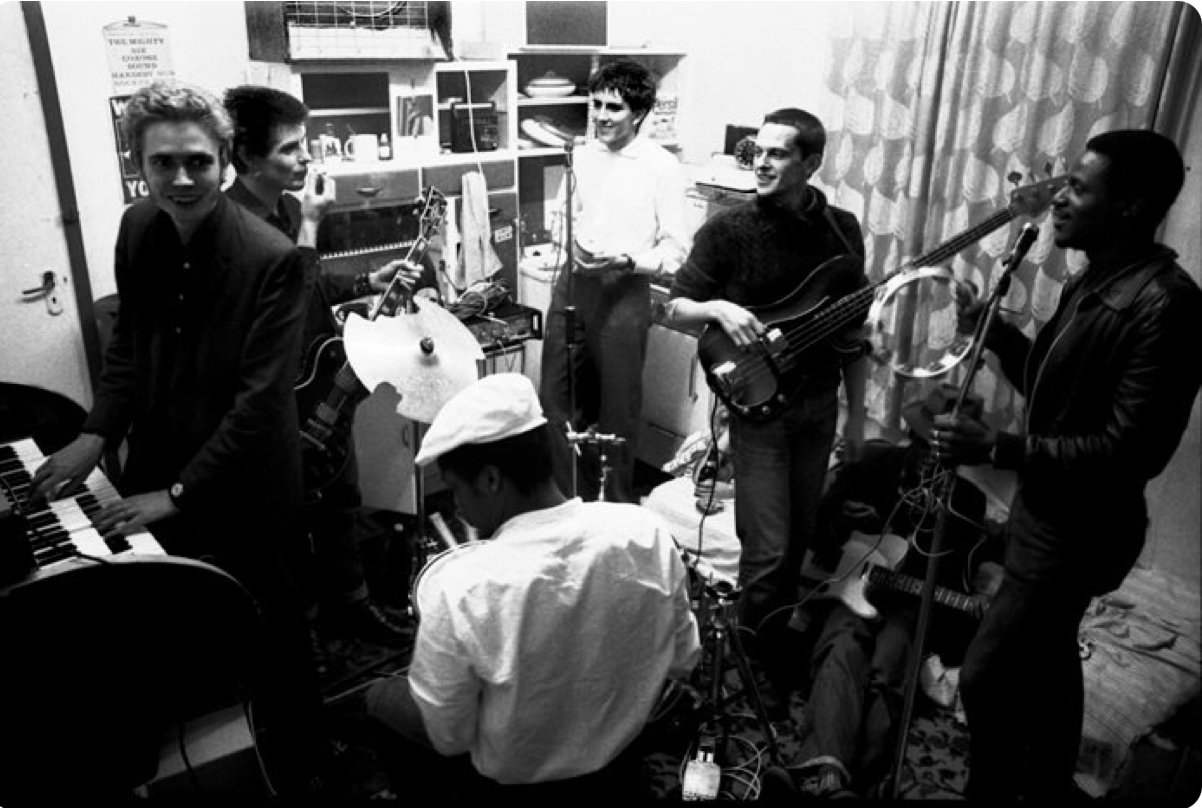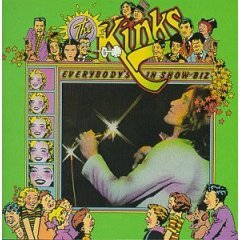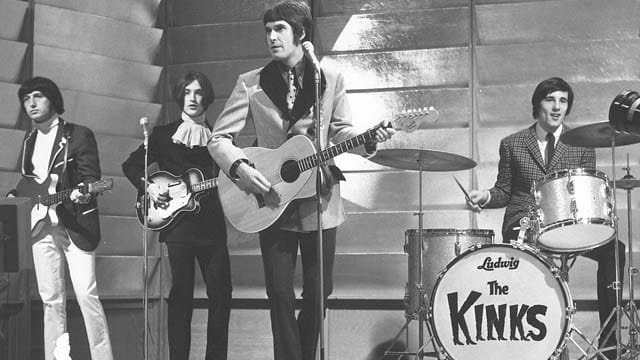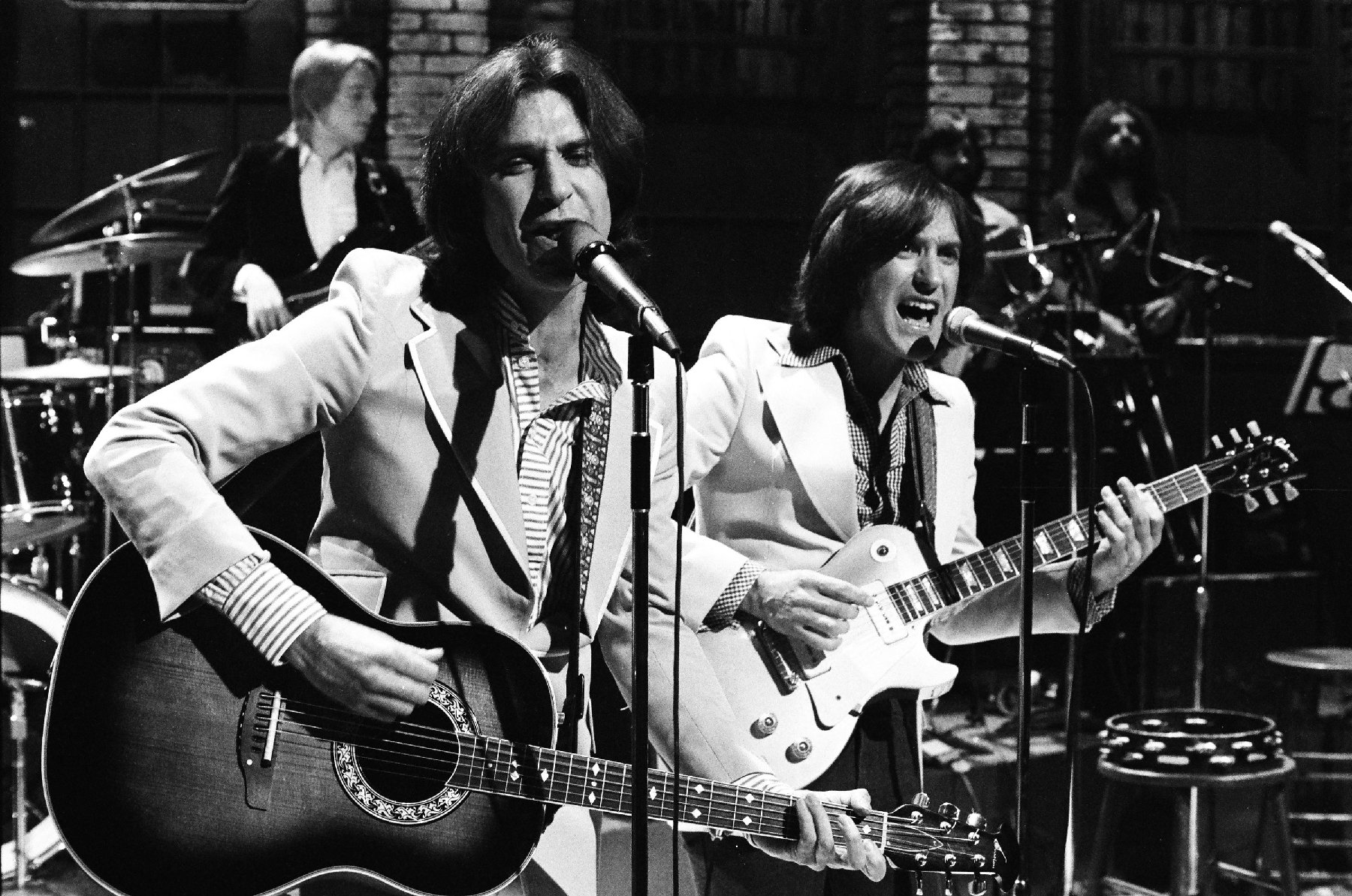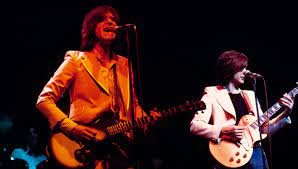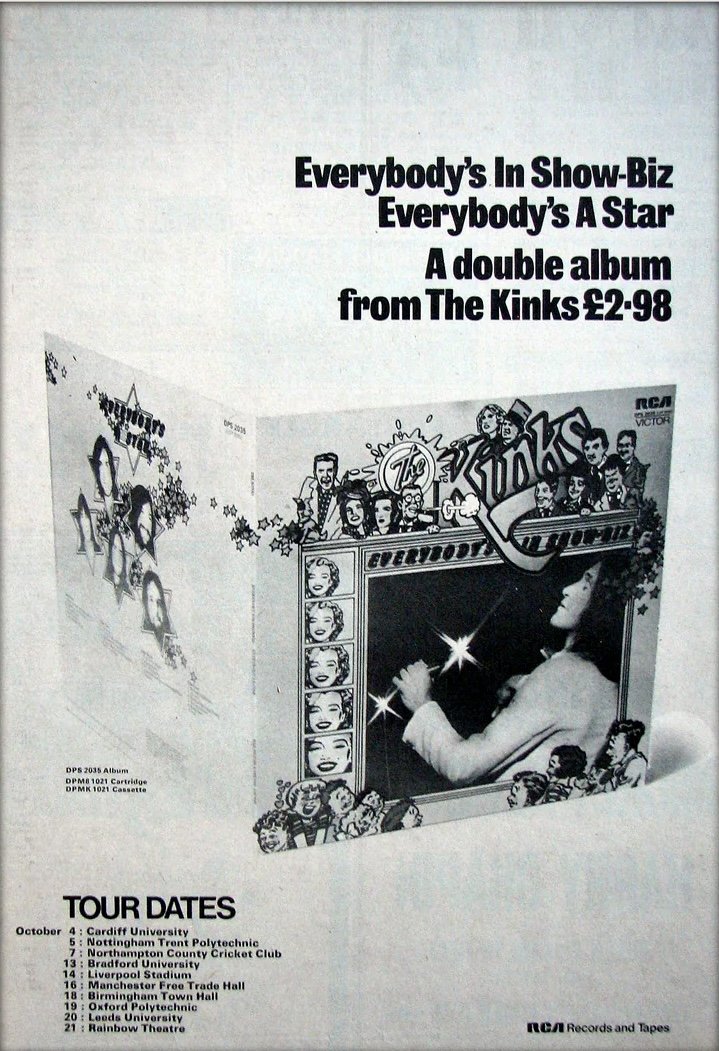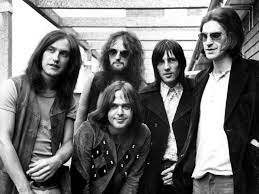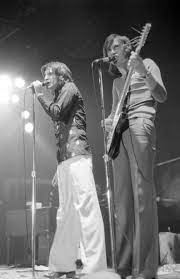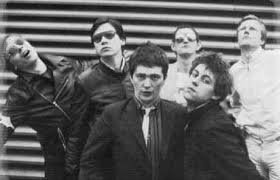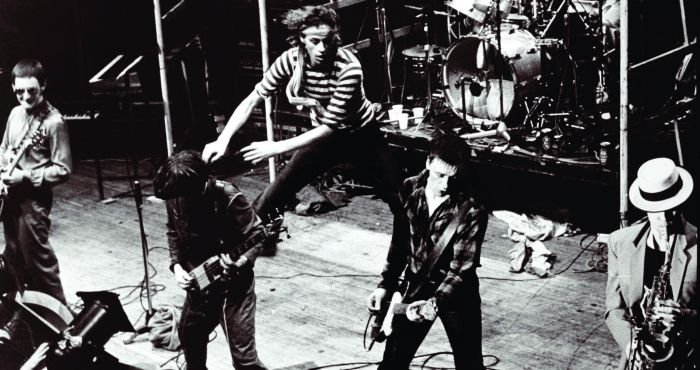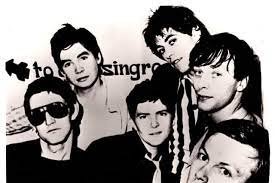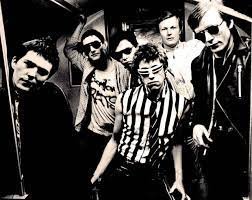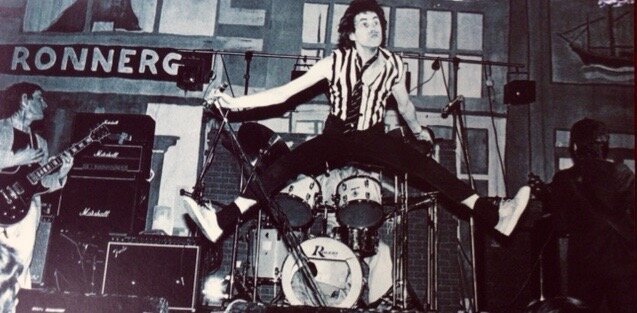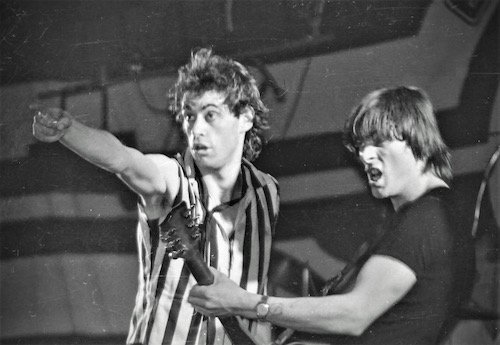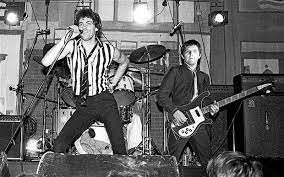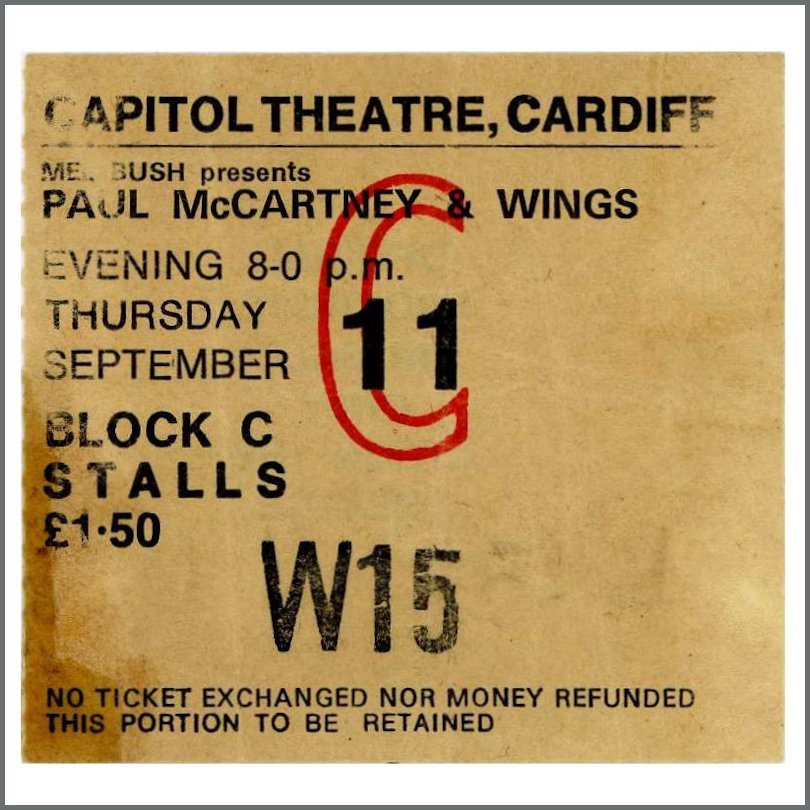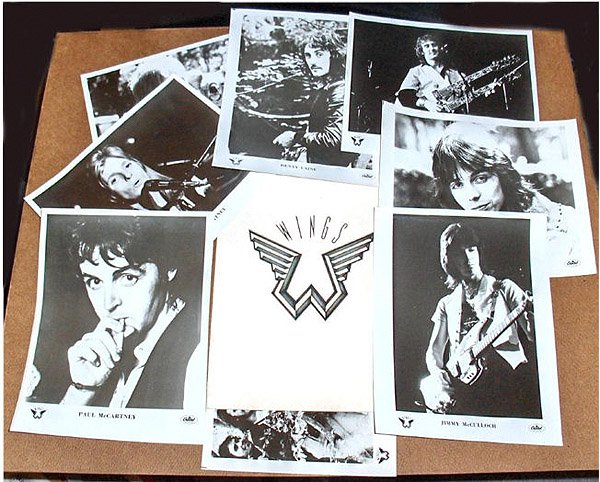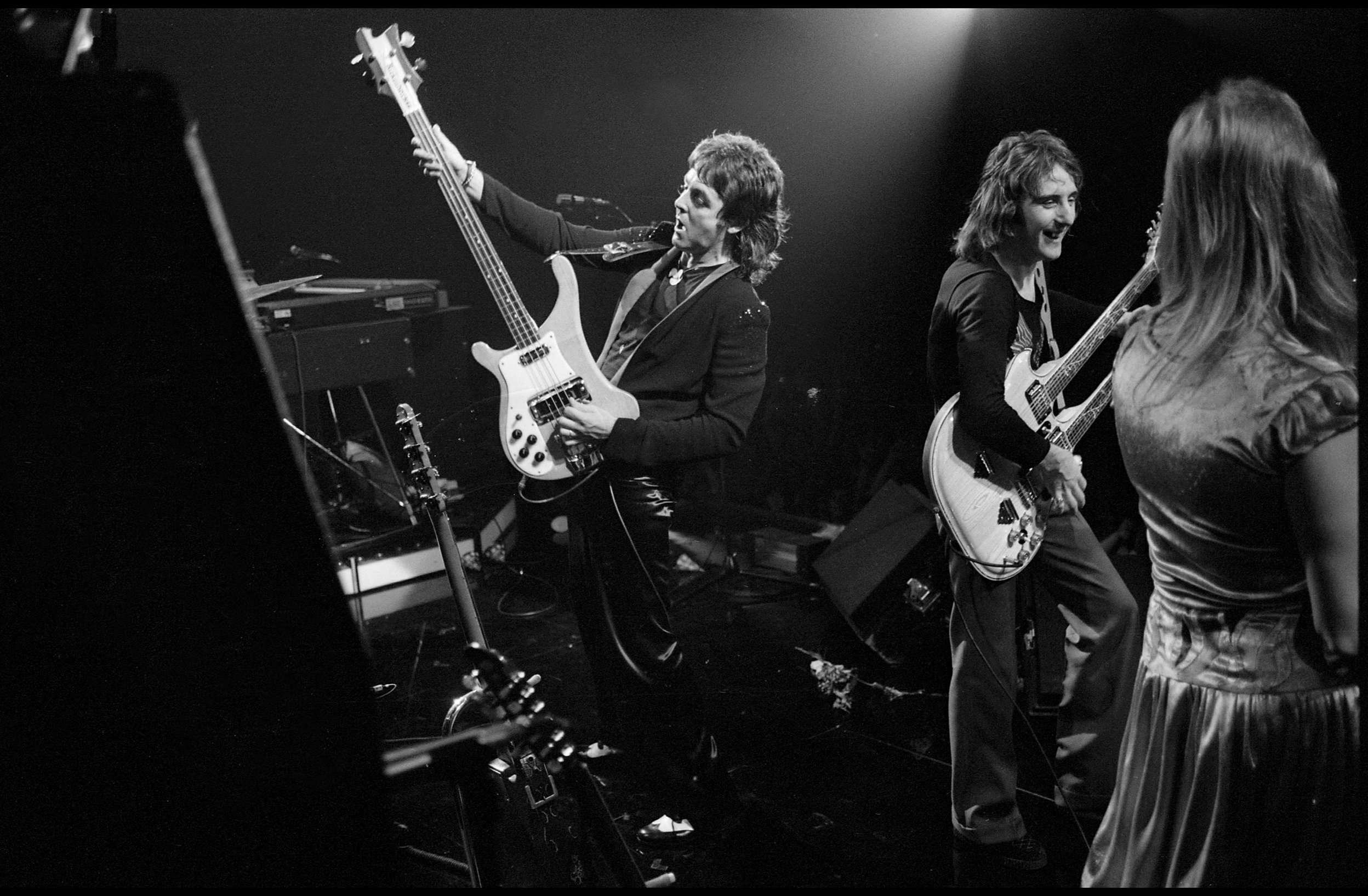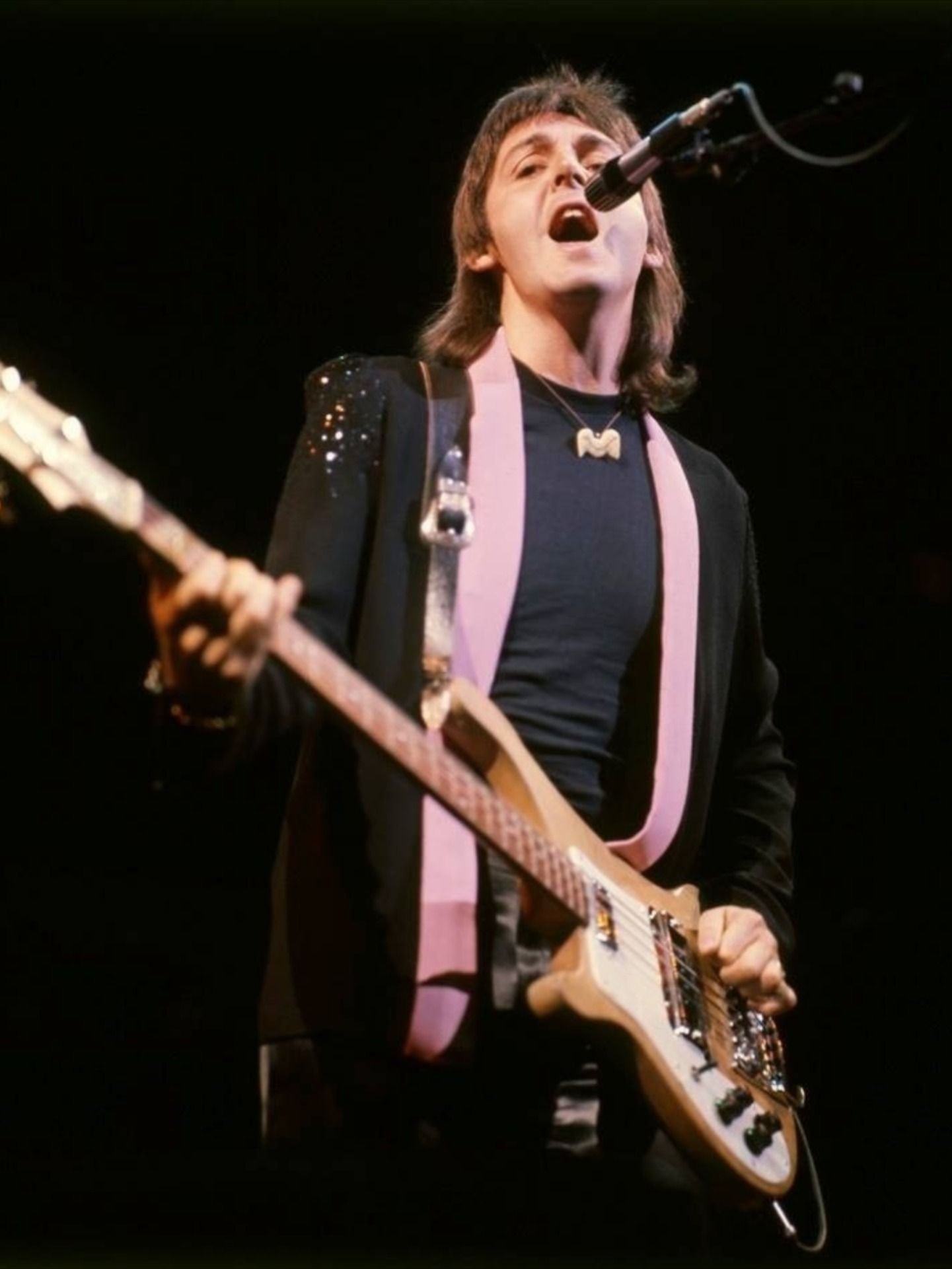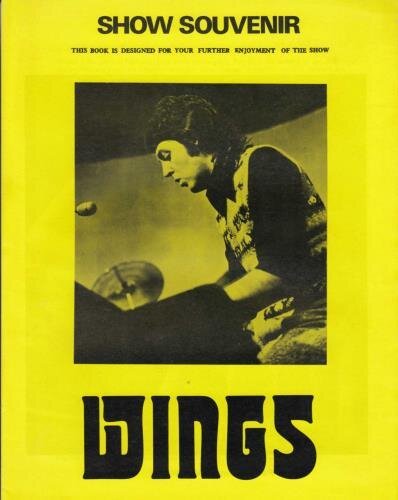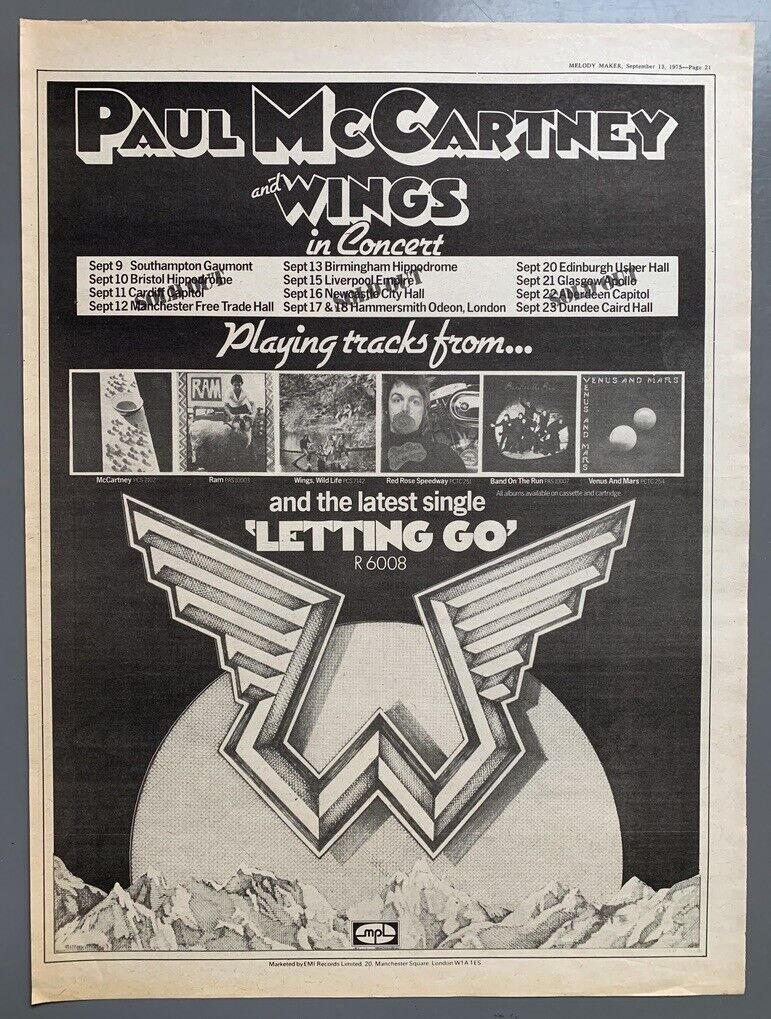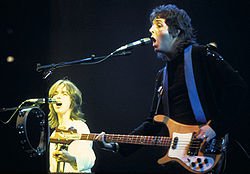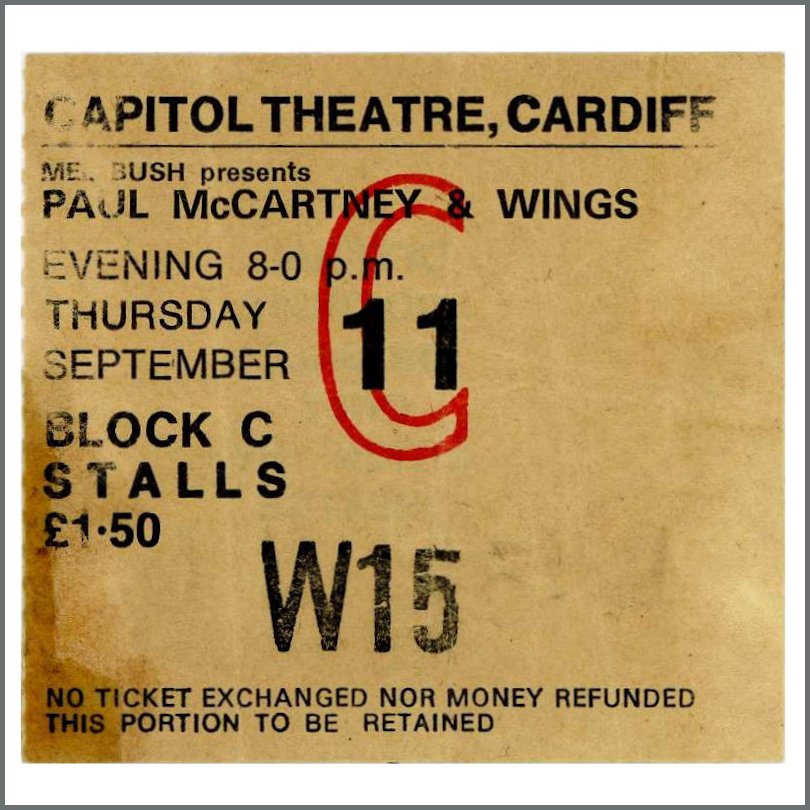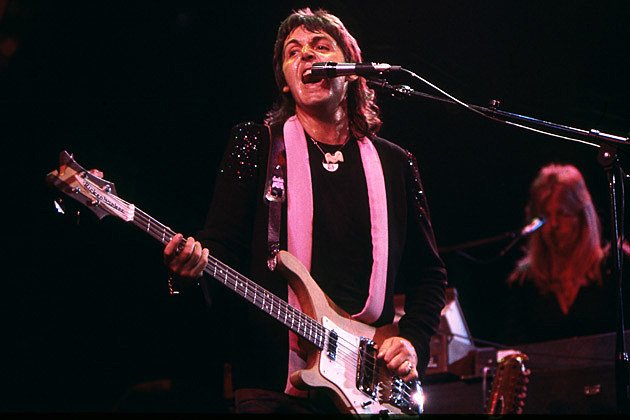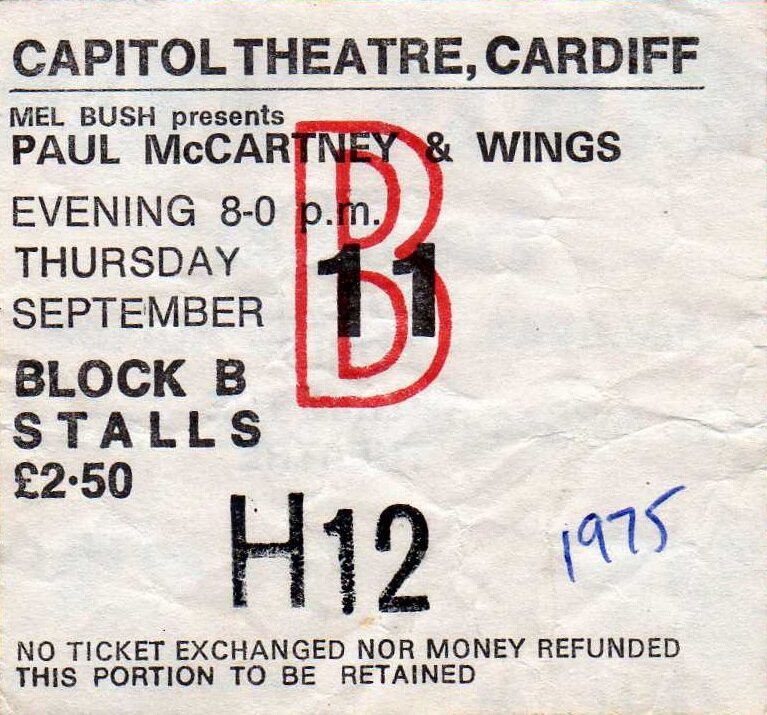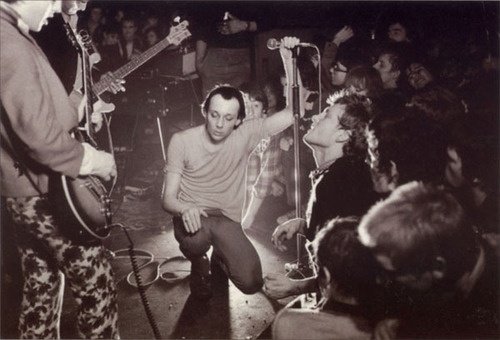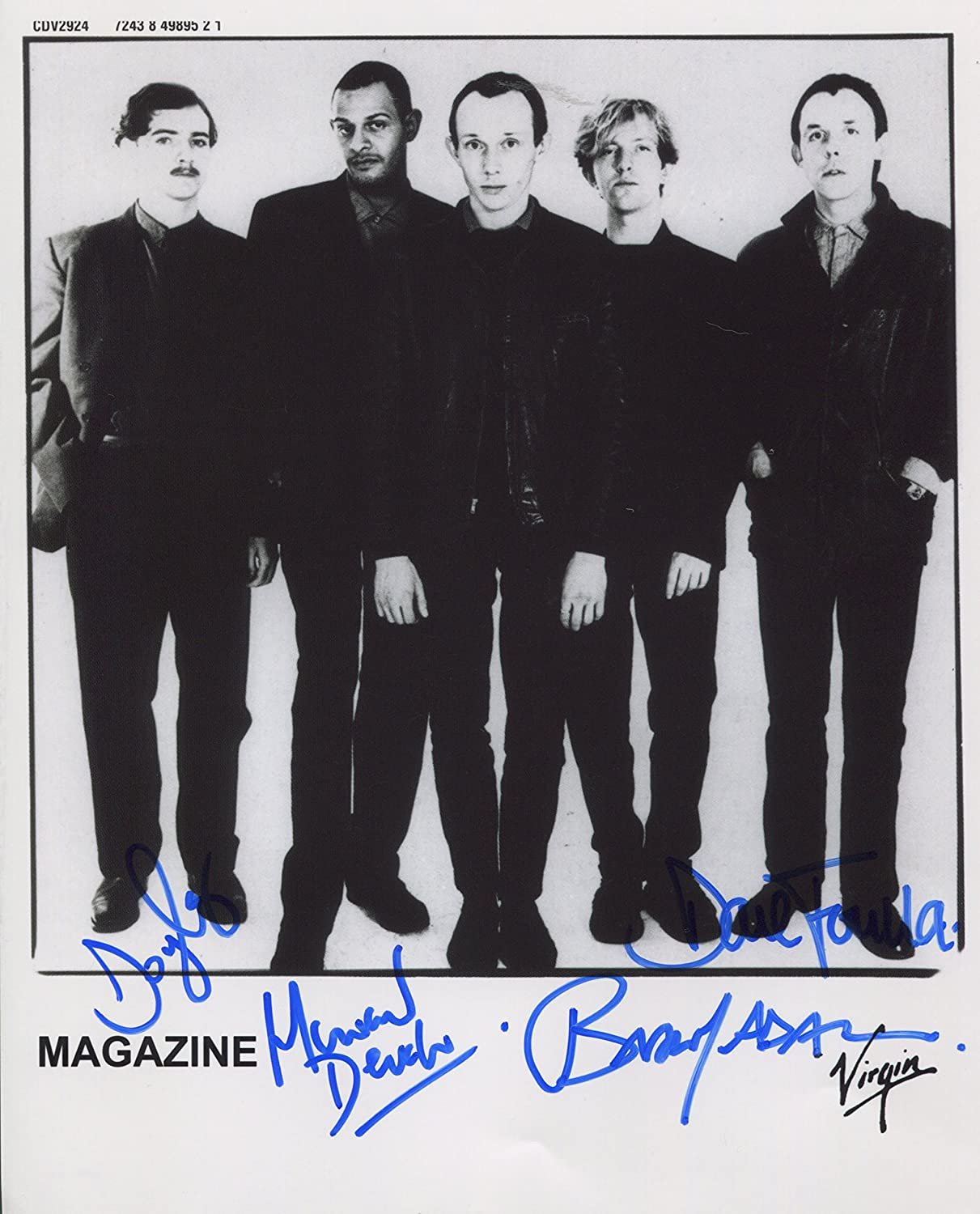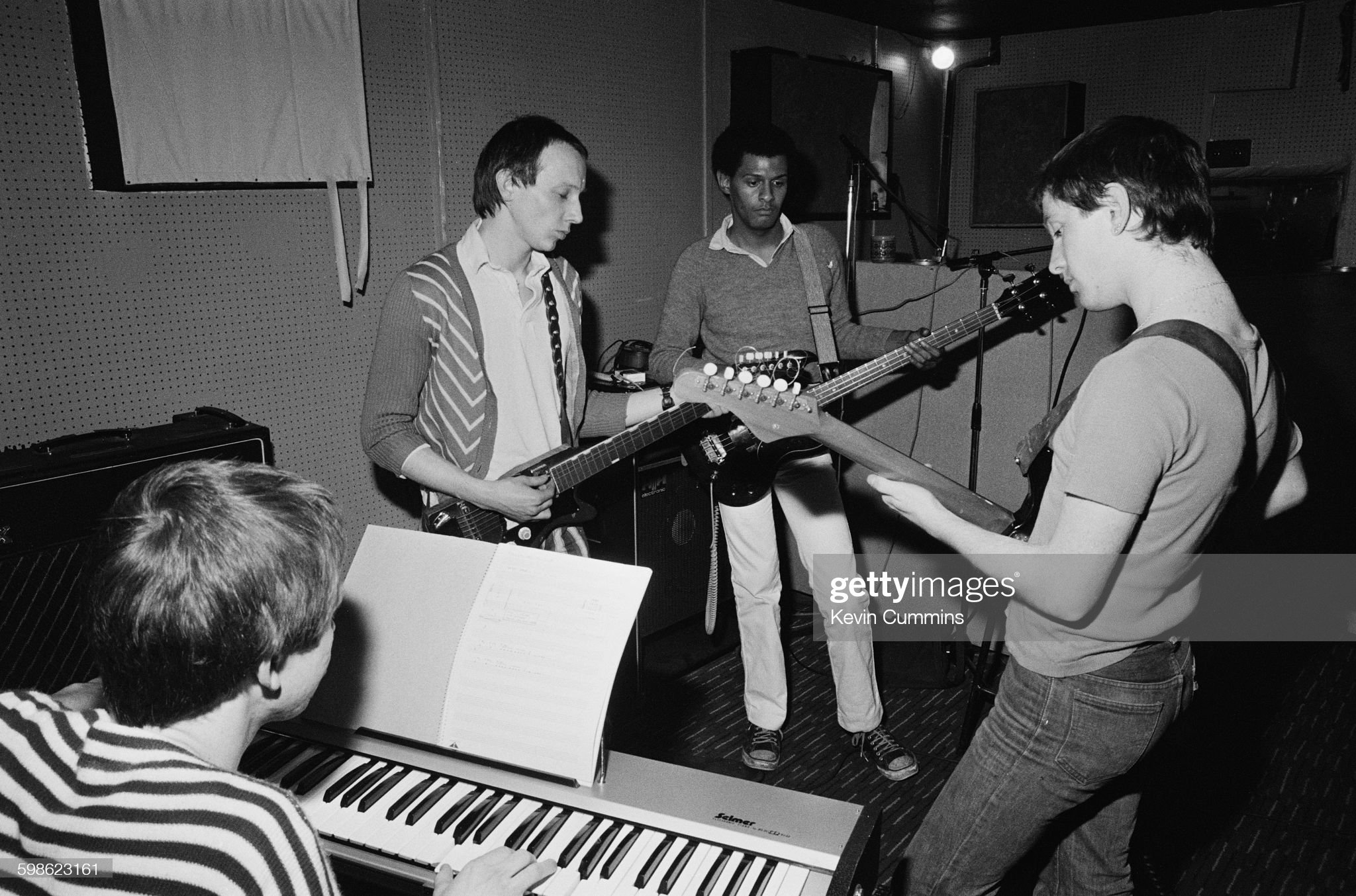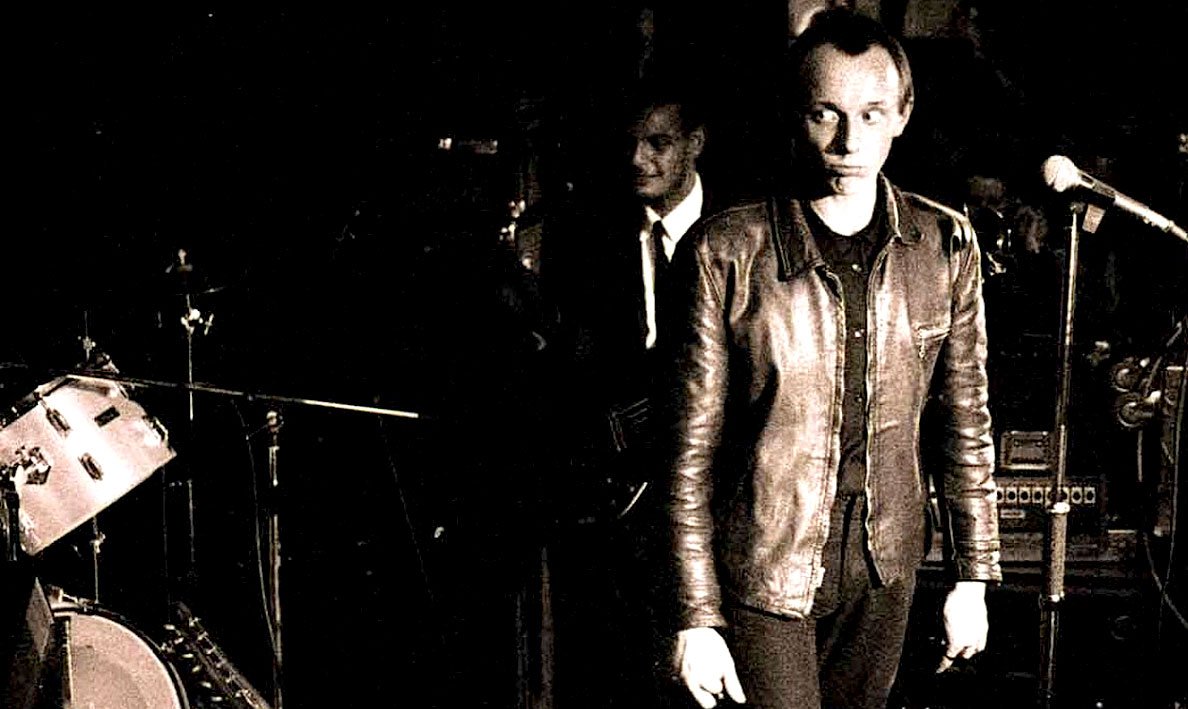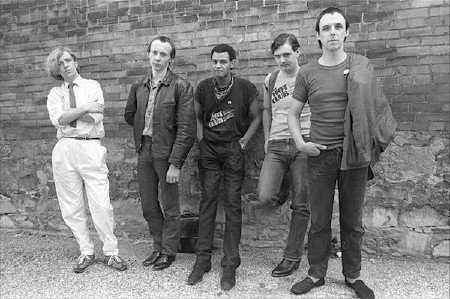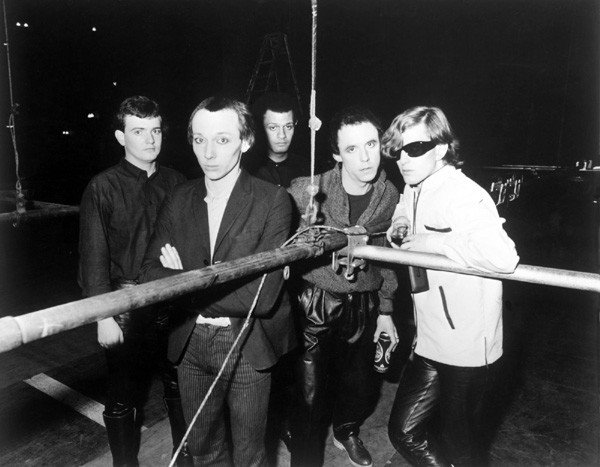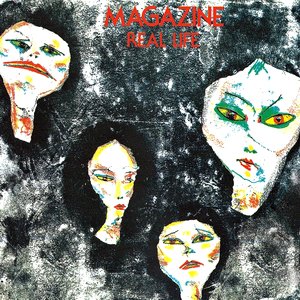On this day, 15 April 1973, rock band Sharks played Cardiff’s Capitol Theatre supporting headlining band Roxy Music.
Sharks are a British rock band formed in 1972 by bassist Andy Fraser upon his departure from Free. They were signed to Island Records and were highly rated by critics, especially for Chris Spedding's guitar work.
The original line-up consisted of Fraser (bass, piano), Snips (real name, Steve Parsons) (vocals), Spedding (guitar) and Marty Simon (drums).
Andy Fraser had originally contacted Chris Spedding, in July 1971, to discuss playing in his first post-Free band, Toby. When Fraser formed Sharks a year later, he contacted Spedding again and, this time, they agreed to work together. Fraser had already recruited his friend Marty Simon, so auditions were held for a singer to complete the line-up.
Robert Palmer and Leo Sayer were turned down in favour of an unknown 21-year-old from Yorkshire, Steve Parsons, also known as Snips, originally spotted by Island A&R man Muff Winwood. Snips had previously fronted a Hull-based band called Nothingeverhappens. Parsons "played one song of his, "Snakes and Swallowtails" and he was in", Spedding later told Melody Maker.
Sharks' first gig was in October 1972, in Islington and they played a few clubs in Europe during December 1972, before returning to London, to record their debut album.
In January & February 1973, Sharks embarked on a UK tour, playing clubs and universities. To promote the band, whilst touring, Chris Spedding customized his Pontiac Le Mans, fitting a shark fin on the roof and fibreglass teeth on the grille. On 19 February 1973, on the way back to London from a gig in Cleethorpes, the car skidded and hit a tree. Fraser suffered injuries to his wrist and, during recuperation, had second thoughts about the band.
After a short break, the band went back on the road in March and April, opening for Roxy Music, although Fraser had some difficulty playing with his injury. On 17 March, they made an appearance on the BBC Two programme, Old Grey Whistle Test. The tour ended on 15 April, in Cardiff.




